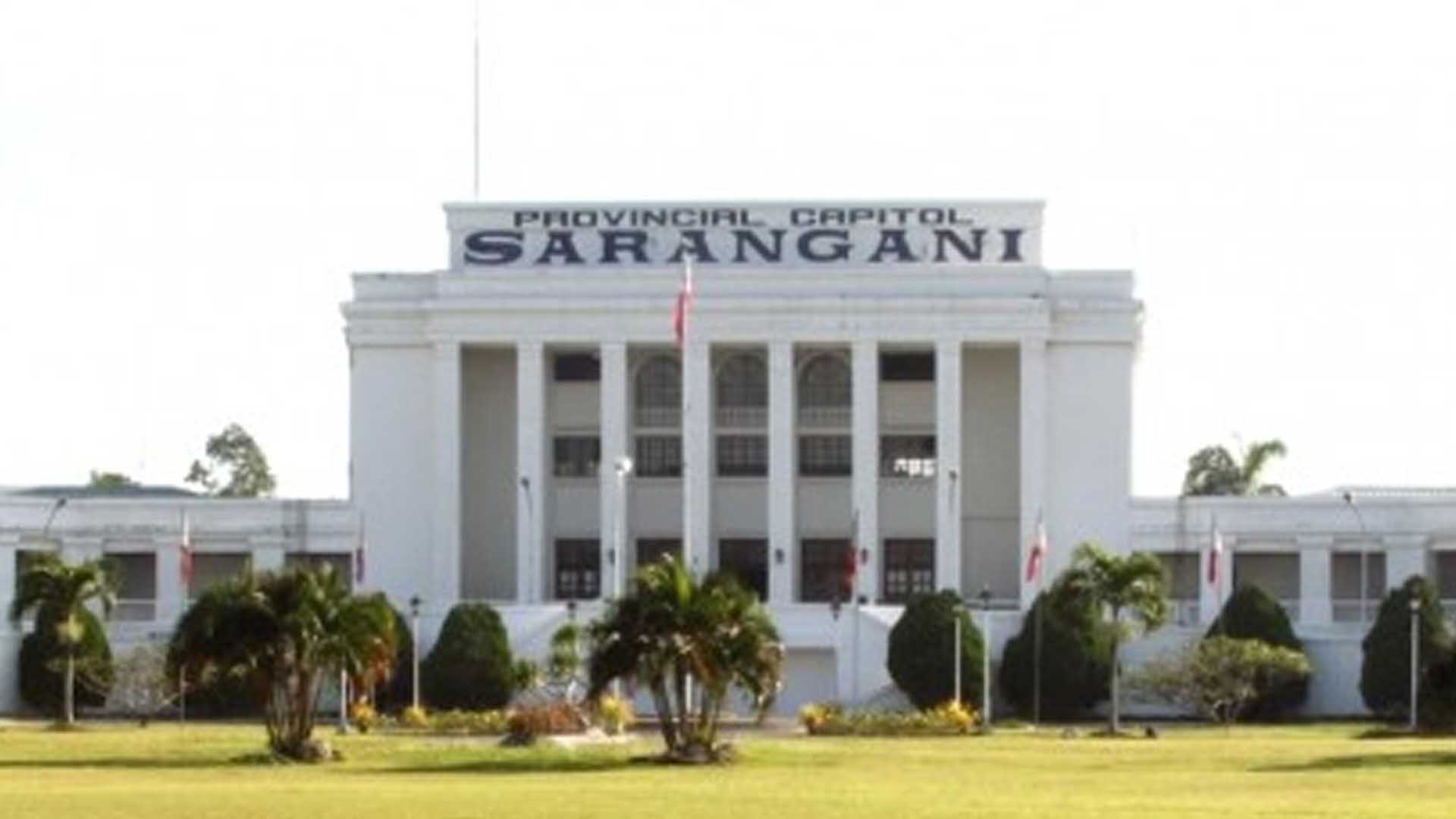The provincial government of Sarangani is creating an electronic or digital database system to facilitate faster contact-tracing for confirmed coronavirus disease 2019 (Covid-19) patients in the area.
Dr. Arvin Alejandro, provincial health officer, said Monday the database will serve as the main storage of all contacts who will be traced from the municipal and barangay levels under its unified contact-tracing system.
Alejandro said the database will entail the encoding of contact-tracing information into an open data kit or ODK system of all suspect, probable and confirmed patients.
ODK is an open source tool that allows data collection using Android mobile devices and their submission to an online server, Alejandro said, adding it works even without an internet connection or mobile carrier service at the time of data collection.
Similar encoding system has been used for influenza-like illnesses in the province’s seven municipalities, he added.
“We just like to put all information into one system that would be working efficiently and appropriate for us,” he said.
A directive from Sarangani Gov. Steve Chiongbian Solon early this month mandates the province’s municipalities to unify procedures and system for Covid-19 contact-tracing.
At least eight contact-tracing teams were established in each of the municipalities “as a proactive approach to combat the spread of (the disease).” Each team is composed of a representative from the Philippine National Police, a nurse, encoder, and barangay health emergency response team and peacekeeping volunteers.
The Sarangani Police Provincial Office was earlier tasked to draft a plan for the investigation of the reported Covid-19 cases.
Saragani’s Covid-19 cases have already reached a total of 118 as of Sunday evening, with two deaths and 73 recoveries.
The 43 active infections included cases of local transmission from Maasim town and fish vendors who had history of exposure at the fishport complex here. (PNA)







